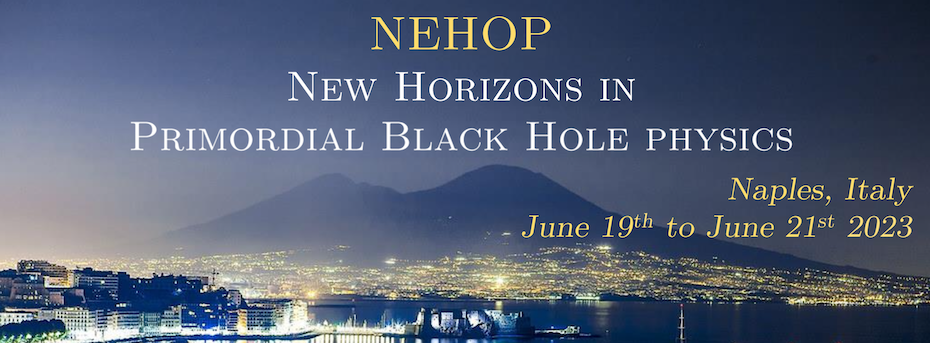Speaker
Description
Hawking's calculation of particle production by a black hole is based on the semi-classical limit of a fixed metric. This approximation may break down after a finite time as a black hole evolves due to back-reaction. Therefore, I shall argue that two far-reaching questions remain to be answered:
(1) How long is the semi-classical description valid?
(2) What happens after a potential breakdown?
Primordial black holes (PBHs) offer unique opportunities to address these issues by observations. Since one possible option is a slowdown of evaporation, it is conceivable that PBHs below $10^{15}$g can have survived until today. Such long-lived small PBHs could not only act as dark matter, but detecting even a single one of them would also greatly advance our understanding of quantum gravity. Finally, I will attempt to answer the above questions using explicitly solvable analogue models. An non-perturbative computation of real-time evolution reveals indications that (1) the semi-classical description can break down long before half of the mass is lost and that indeed (2) evaporation slows down drastically at this point.
Based on:
M. Michel, S. Zell, The Timescales of Quantum Breaking, arXiv:2203.XXXXX, to appear.
G. Dvali, L. Eisemann, M. Michel, S. Zell, Black hole metamorphosis and stabilization by memory burden, Phys. Rev. D 102 (2020) 103523, arXiv:2006.00011.

